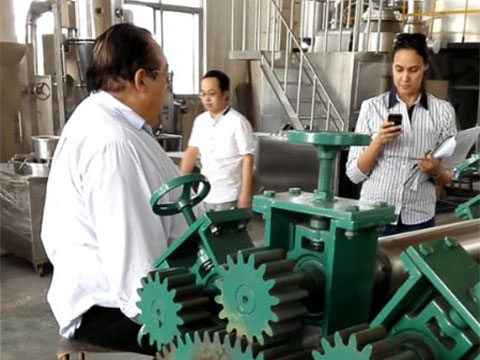Operating environment of centrifugal spray dryer
Operating environment of centrifugal Spray Dryer
Spray drying is a method of producing powder products by spray liquid or slurry under high pressure to heated airflow, usually 160 ° C – 205 ° C (if the liquid is flammable or oxygen sensitive, then use nitrogen). A special nozzle is used for atomizing liquid into fine droplets during the process, and when sprayed into the heating chamber, it causes the liquid to flash and evaporate, leaving small solid particles. These collection chambers form drums or hydrocyclones to keep the "fluid" through constant vibration, resulting in good free flowing powder as a product.
With the growing demand for centrifugal spray drying technology and the characteristics of highly defined particles in the pharmaceutical industry, a series of spray dryers have been developed to operate under cGMP conditions. The operation unit of all spray dryers uses nitrogen to dry the gas, which is suitable for water and organic feed (solution, lotion, suspension pump). There are many filter nozzles 300x225 that are suitable for different systems with varying groove widths, thread and stem sizes, and nozzles made of this material. The matching of similar sizes also meets the manufacturing requirements that are suitable for local conditions. The material used for construction filters affects their performance at different operating temperatures, as well as how they resist chemicals and general wear.
Our Billicom Group product range includes filter nozzles made of stainless steel and standard polypropylene, as well as different formulations that provide increased strength, durability, and chemical resistance. These include glass filled polypropylene, mineral filled polypropylene, and polyvinylidene fluoride polyethylene fluoride, or because it is known.
